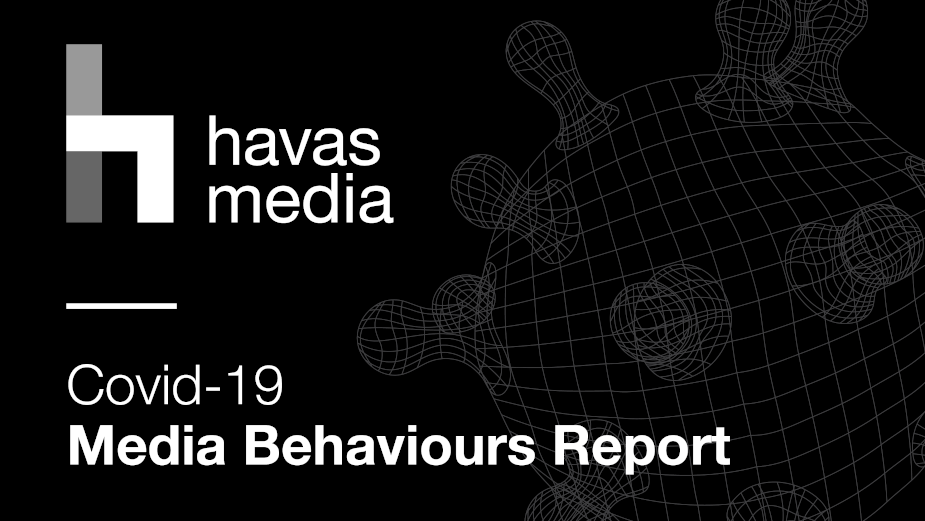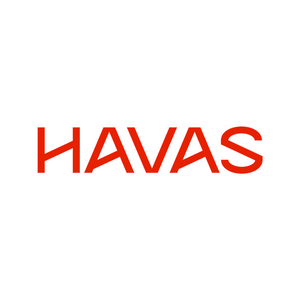
Consumption of Sports Content Rises across All Age Groups as Football Returns to Screens

The consumption of sports-related content has increased for all age groups in the last two weeks, according to the latest Havas Media Group Covid-19 Media Behaviours Report. The eighth iteration of Havas Media Group’s Covid-19 Media Behaviours Report - a research study into consumer behaviour and media consumption based on a survey of 1,479 UK respondents - reveals that there has been a 5% net increase in the last two weeks in the number of people claiming to consume more sports-related content than they did prior to lockdown.
While all age groups have seen an increase in the consumption of this content, the rise has been highest amongst 45 to 54-year olds, with a 7% increase wave-on-wave in those saying they’re consuming more sports content than they did before the Covid-19 outbreak. The only other content categories to see increases in consumption in the last two weeks are gaming and food, both with a 1% net increase wave-on-wave in those claiming to use them more than they did prior to lockdown.
Most notably, there has been a 9% net increase wave-on-wave amongst those in the 18 to 24-year-old age group claiming to have consumed more gaming-related content than they did before the outbreak.
Meanwhile, interest in news, entertainment and travel content has waned in the last two weeks. There has been a 2% net decrease wave-on-wave in the number of people claiming to consume more news-related content than they did prior to lockdown, and the figure is the same for entertainment. There has been a 1% net decrease wave-on-wave in those claiming to access more travel content.
Eva Grimmett, chief strategy officer, Havas Media Group, said: “Following several months with no live sport on offer, it’s not surprising that the return of the Premier League has boosted people’s appetite for sports content, with gains in consumption across all age groups. It seems that people may be experiencing a level of news fatigue, as interest in this content has seen a slight drop during this wave.”
Methodology
Havas Media Group conducted this study over a 24-hour period from the 22nd to the 23rd June 2020. The survey had 1,479 nationally representative respondents, with quotas set on age, gender and region. The last study in the fortnightly series was conducted over a 24-hour period from the 8th to the 9th June 2020.













